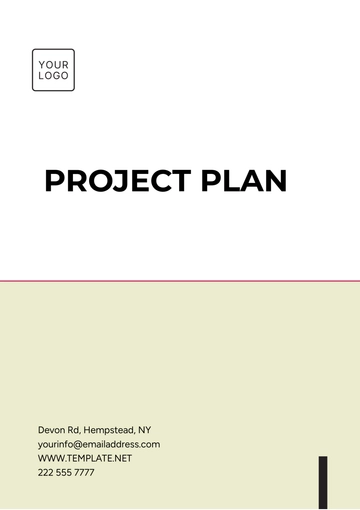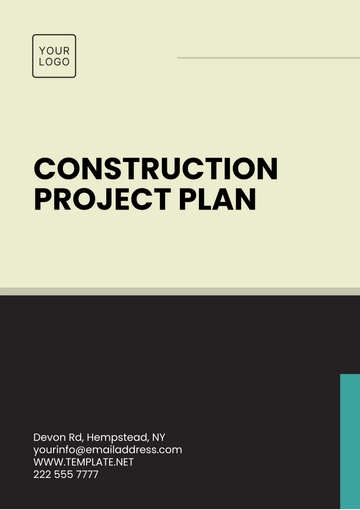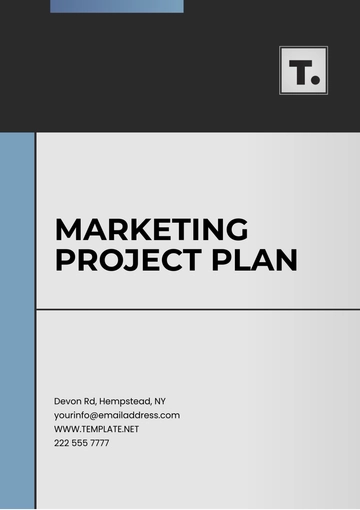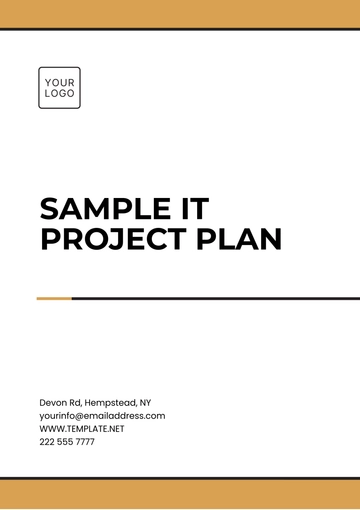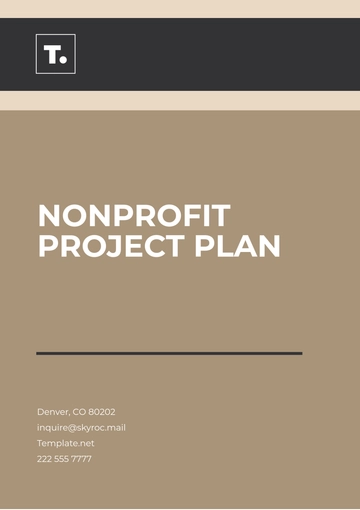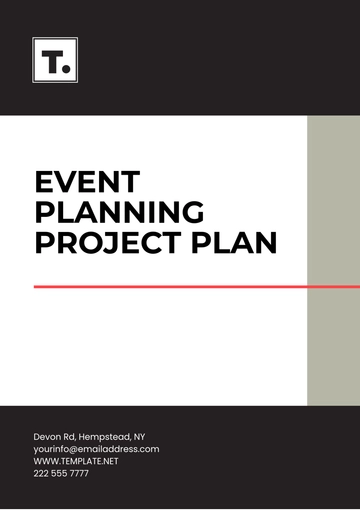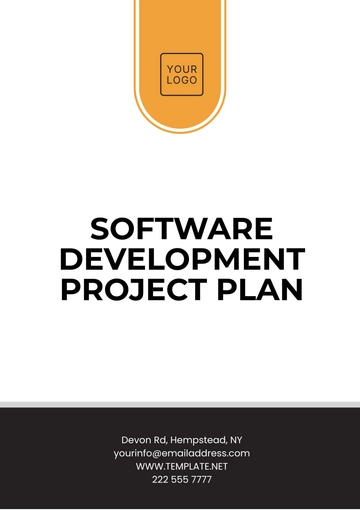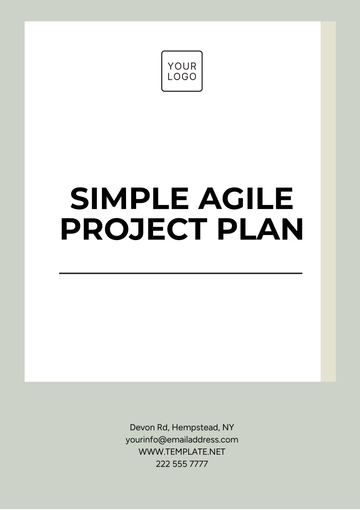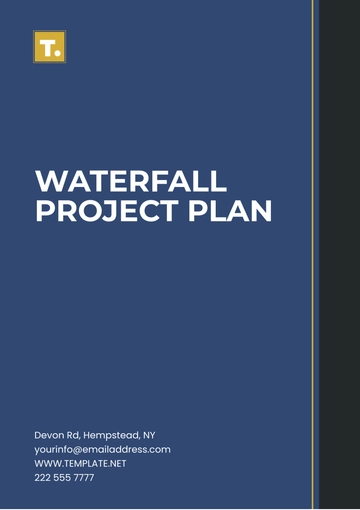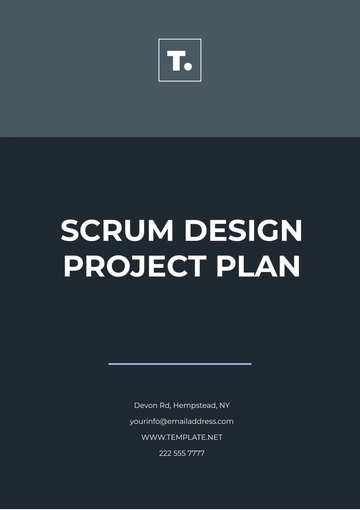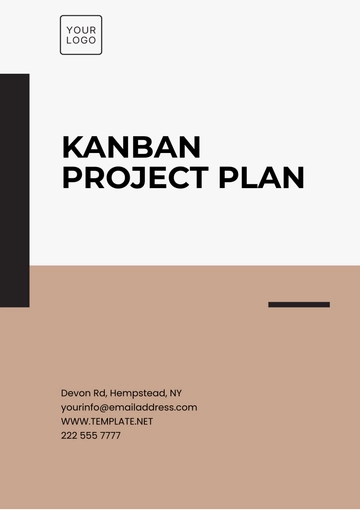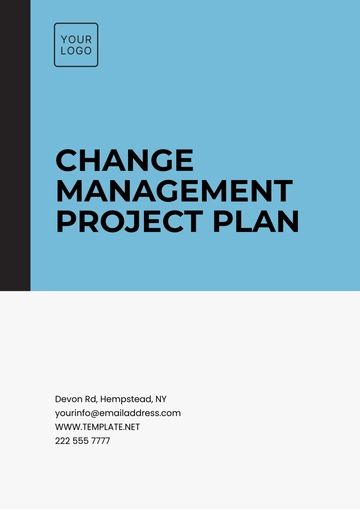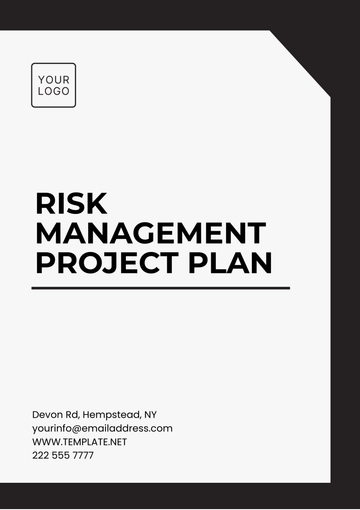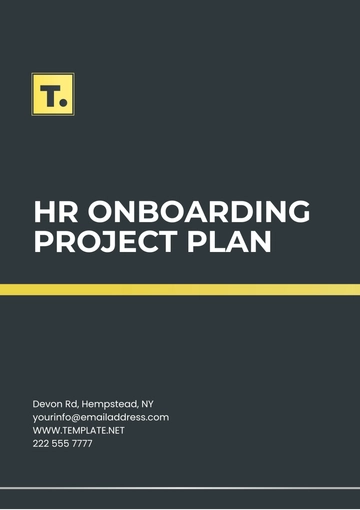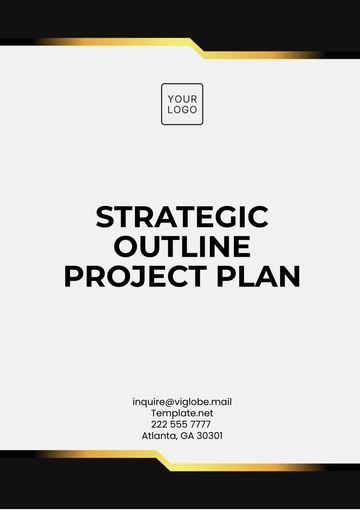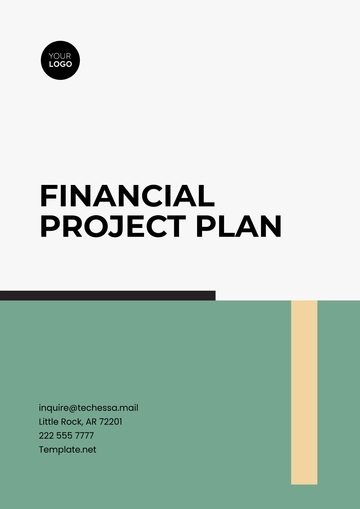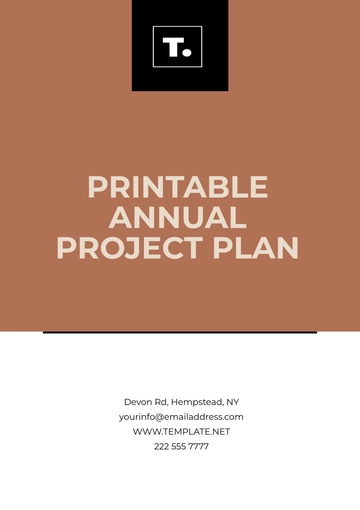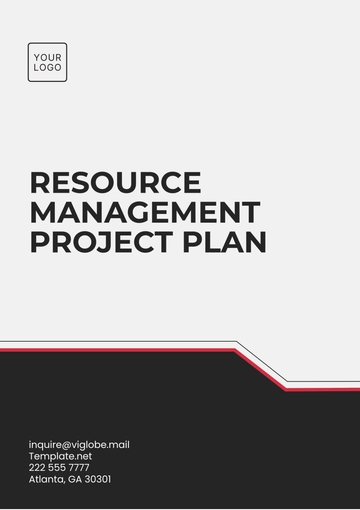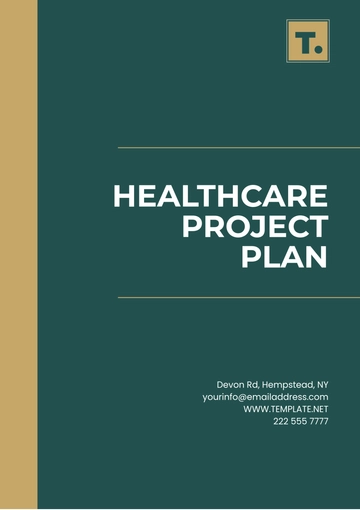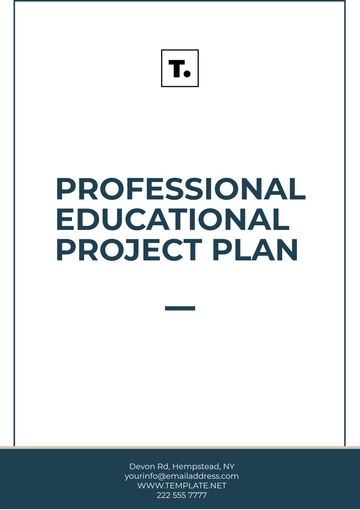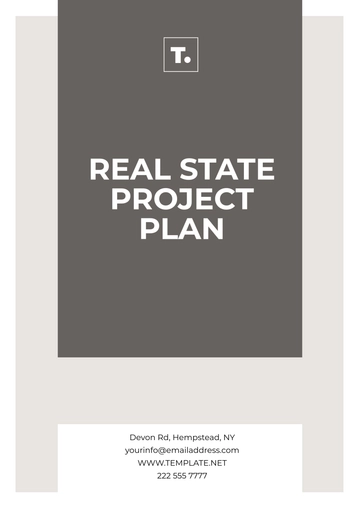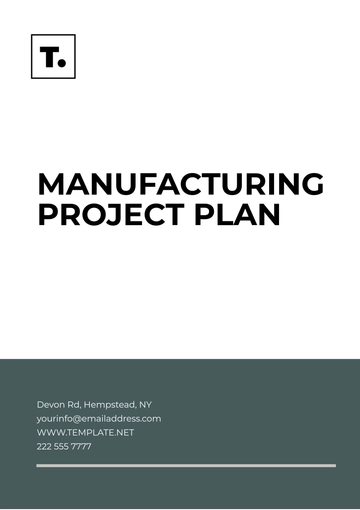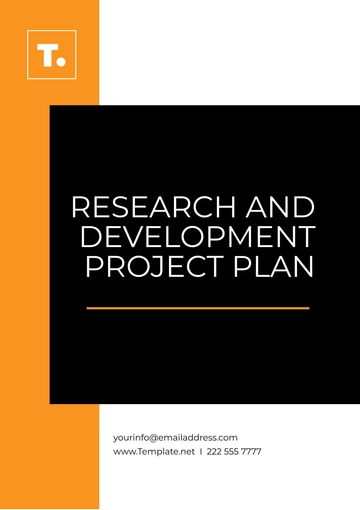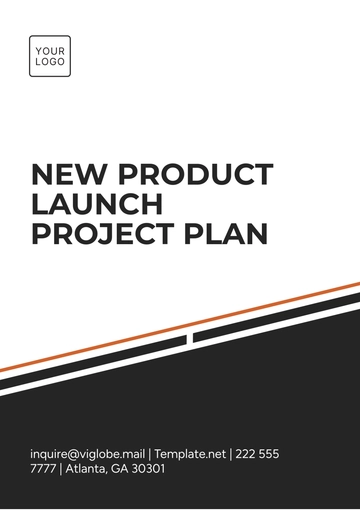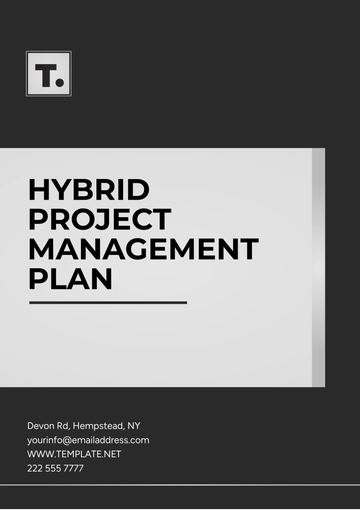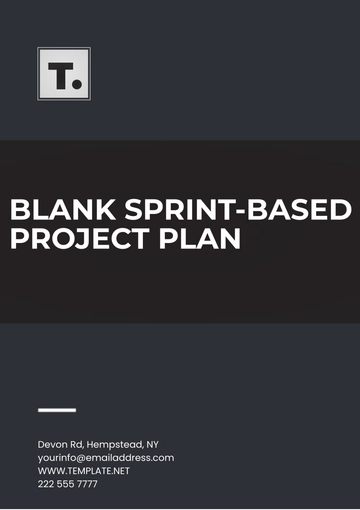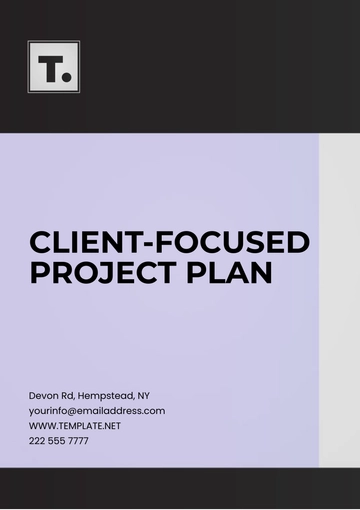Free Professional Educational Project Plan
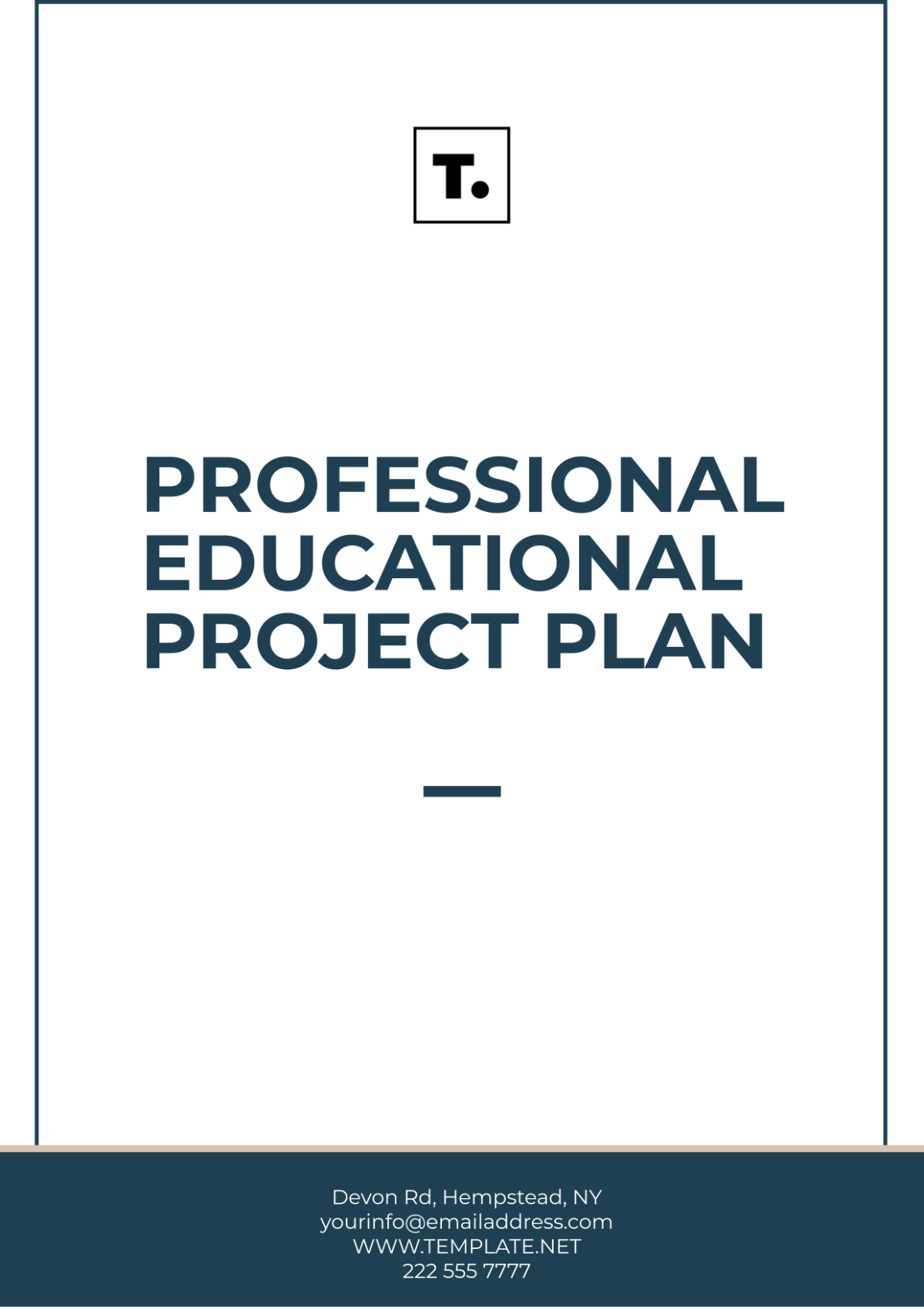
Project Manager: | [Your Name] |
Company: | [Your Company Name] |
Department: | [Your Department] |
Date: | [Date] |
1. Introduction
The Professional Educational Project Plan establishes a structured roadmap for achieving educational objectives professionally. This plan will guide the project from inception through execution, ensuring that goals are met efficiently and effectively.
2. Project Scope
2.1 Objectives
The project's primary objective is to enhance participants' educational and professional skills. Specific goals include:
Developing technical skills relevant to industry needs.
Promoting critical thinking and problem-solving abilities.
Encouraging continuous professional development and lifelong learning.
2.2 Stakeholders
The key stakeholders involved in the project include:
Project Managers
Educational Facilitators
Participants or Students
Sponsors and Funding Bodies
3. Project Timeline
The timeline for the project is divided into key phases, each with specific milestones and deliverables.
Phase | Duration | Milestones |
|---|---|---|
Planning | 2 Months | Project Plan Approval, Resource Allocation |
Development | 4 Months | Curriculum Development, Resource Material Compilation |
Implementation | 3 Months | Workshop Sessions, Evaluation |
Closure | 1 Month | Feedback Collection, Final Report |
4. Resource Management
4.1 Human Resources
The project requires a team of skilled professionals including educational experts, administrative staff, and support personnel. Roles and responsibilities are clearly defined to ensure efficiency.
4.2 Financial Resources
The budget is allocated to cover essential components such as materials, facilities, and personnel costs. A financial plan is in place to track expenditures and ensure resources are used effectively.
4.3 Technological Resources
Utilizing state-of-the-art technology is vital for this project. This includes access to learning management systems, educational software, and online collaboration tools.
5. Risk Management
Risk management is a critical element of the project plan. Identifying potential risks and implementing mitigation strategies is essential to minimize their impact.
6. Evaluation and Monitoring
Continuous evaluation and monitoring mechanisms are in place to ensure the project stays on track. This includes regular progress meetings, feedback sessions, and assessments to measure the effectiveness of the educative programs.
7. Conclusion
This Professional Educational Project Plan provides a comprehensive framework to achieve high-quality educational outcomes. Through structured phases, effective resource management, and ongoing evaluation, the project aims to fulfill its educational mandate efficiently and successfully.
- 100% Customizable, free editor
- Access 1 Million+ Templates, photo’s & graphics
- Download or share as a template
- Click and replace photos, graphics, text, backgrounds
- Resize, crop, AI write & more
- Access advanced editor
